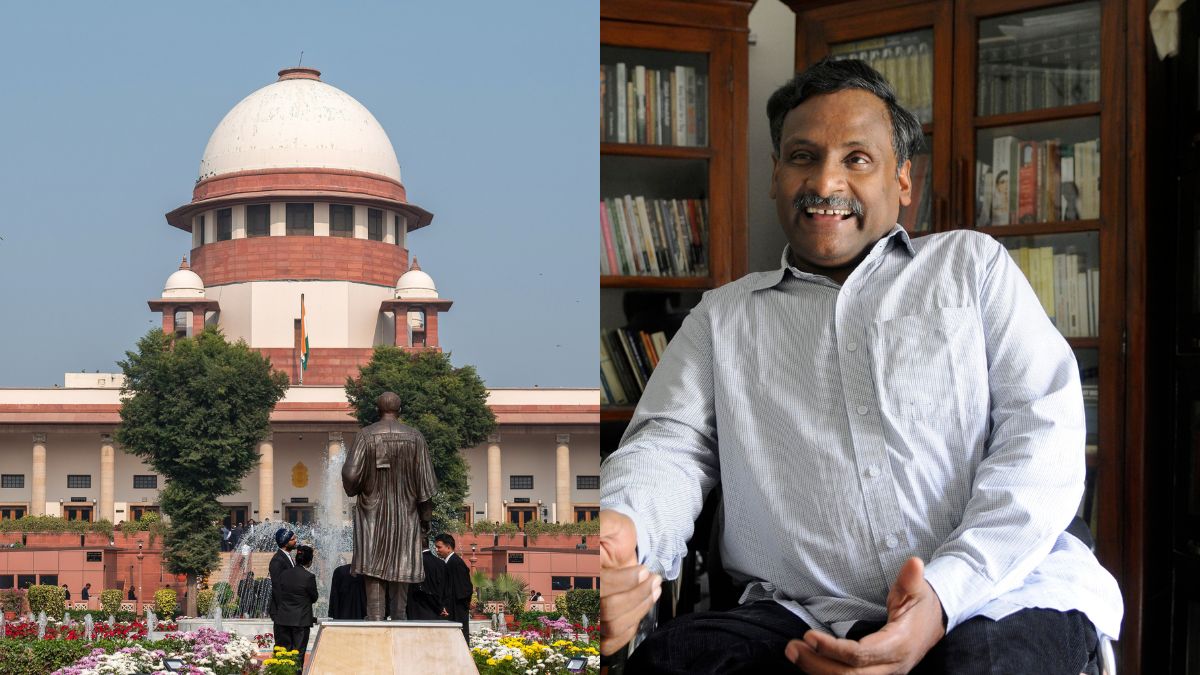The Supreme Court on Monday rejected the special leave petition (SLP) moved by the Maharashtra government against the acquittal granted by the Bombay High Court to the former Delhi professor GN Saibaba and five others in a Maoist Link Case.
A bench headed by Justice BR Gavai observed that there are two orders of acquittal by two different benches of Bombay High Court and prima facie, we find that the judgment is very well-reasoned.
The 54-year-old former professor who is wheelchair-bound and 99 percent disabled was released from jail on Thursday after 10 years.
ALSO READ | Madhya Pradesh HC Orders ASI Survey At Bhojshala Temple Cum Kamal Maula Mosque
On Tuesday, the Nagpur bench of the Bombay High Court acquitted GN Saibaba, Hem Mishra, Mahesh Tirkey, Vijay Tirkey, Narayan Sanglikar, Prashant Rahi and Pandu Narote (deceased). They were arrested in 2014 on charges of having links with Maoist organisations and waging war against India. They were accused of working for the banned CPI (Maoist) group through front organisations like RDF.
A bench of Justices Vinay Joshi and Valmiki SA Menezes set aside the 2017 verdict by a Gadchiroli court that convicted GN Saibaba and others for indulging in activities amounting to waging war against India.
GN Saibaba was released from the Nagpur Central Jail on Thursday after the high court ruled that the evidence provided against him lacks technical regularity. Following the high court order, the Maharashtra government moved the apex court on Tuesday challenging the acquittal.
This was the second time the top court heard the case. In 2022, another division bench of the Bombay High Court had set aside the conviction by trial court on procedural grounds citing absence of a valid sanction under section 45(1) of the UAPA. Following which the Maharashtra government moved the Supreme Court against the order.
The Supreme Court had then conducted a special Saturday sitting and stayed the Bombay High Court order the very next day. Later, the top court overturned the Bombay High Court decision of granting acquittal and asked the high court to re-evaluate the case again.


